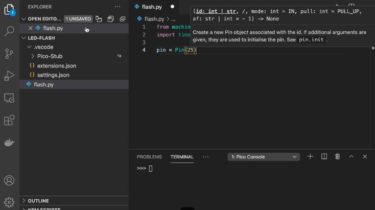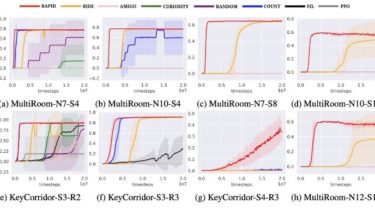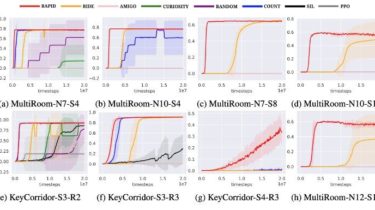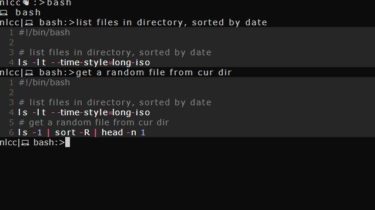Raspberry Pi Pico support for VS Code
Pico-Go provides code auto-completion and allows you to communicate with your Raspberry Pi Pico board using the built-in REPL console. Run a single file on your board, sync your entire project or directly type and execute commands. This software is originally a derivative product of Pymakr by Pycom Ltd under the terms of its GNU GPL Version 3+ license but it has now received significant rewrites. Non-RP2040 boards are not supported but may still work. Works with macOS, Linux, and […]
Read more







